Daitoh Method Curriculum
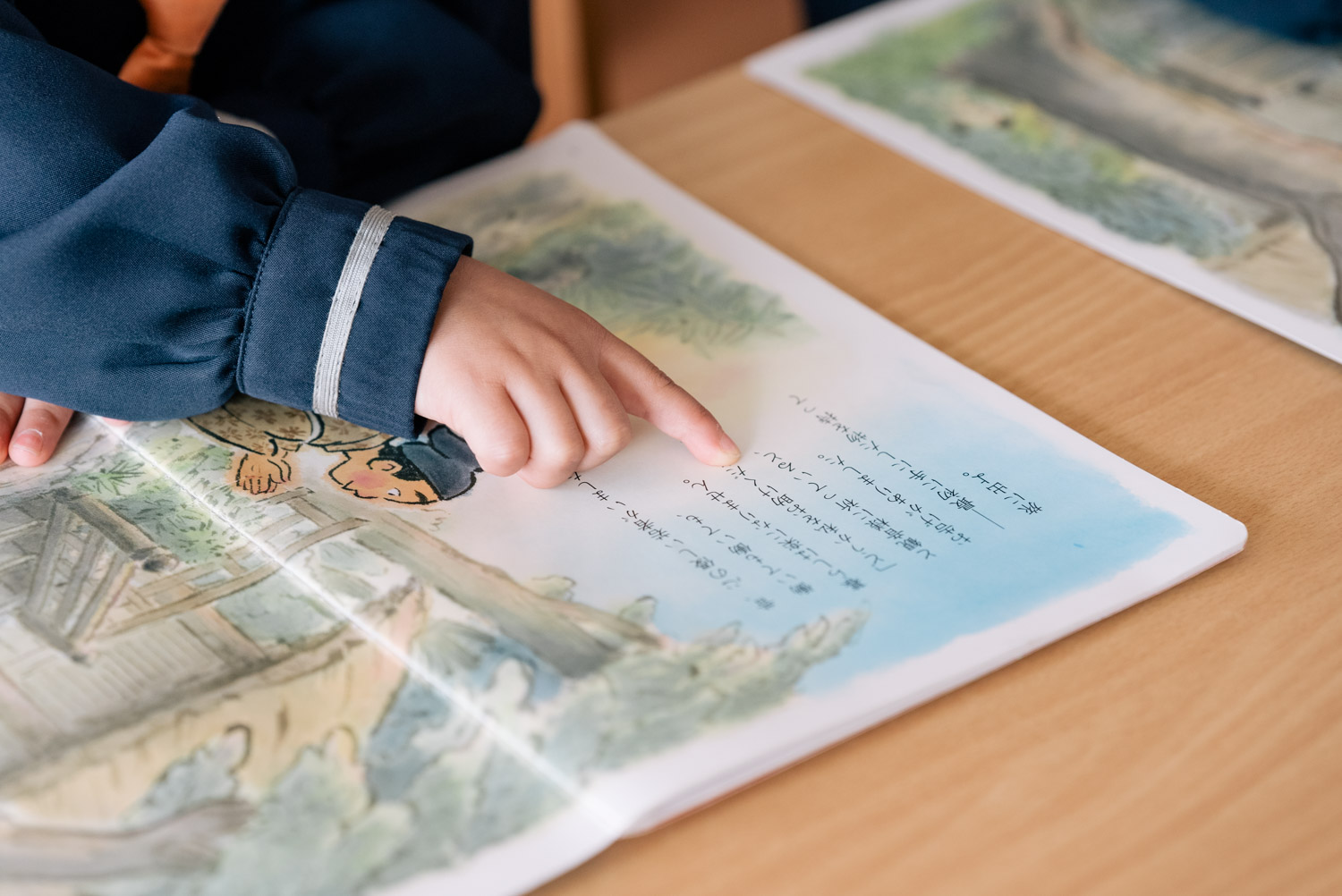
1. We aim to raise children who are able to take the lead in finding challenges on their own and are considerate of the feelings of their friends.
2. By making full use of the garden's location and observing the environment, children's curiosity and inquisitiveness are greatly nurtured.
3. "Why?"We will not overlook the small questions that arise with children every day and will work with them to think about them.
4. Being able to express one's thoughts and communicate with others is the first step to living in a group. At our nursery school, we use word cards and picture books to help children develop a rich vocabulary and expressive skills.
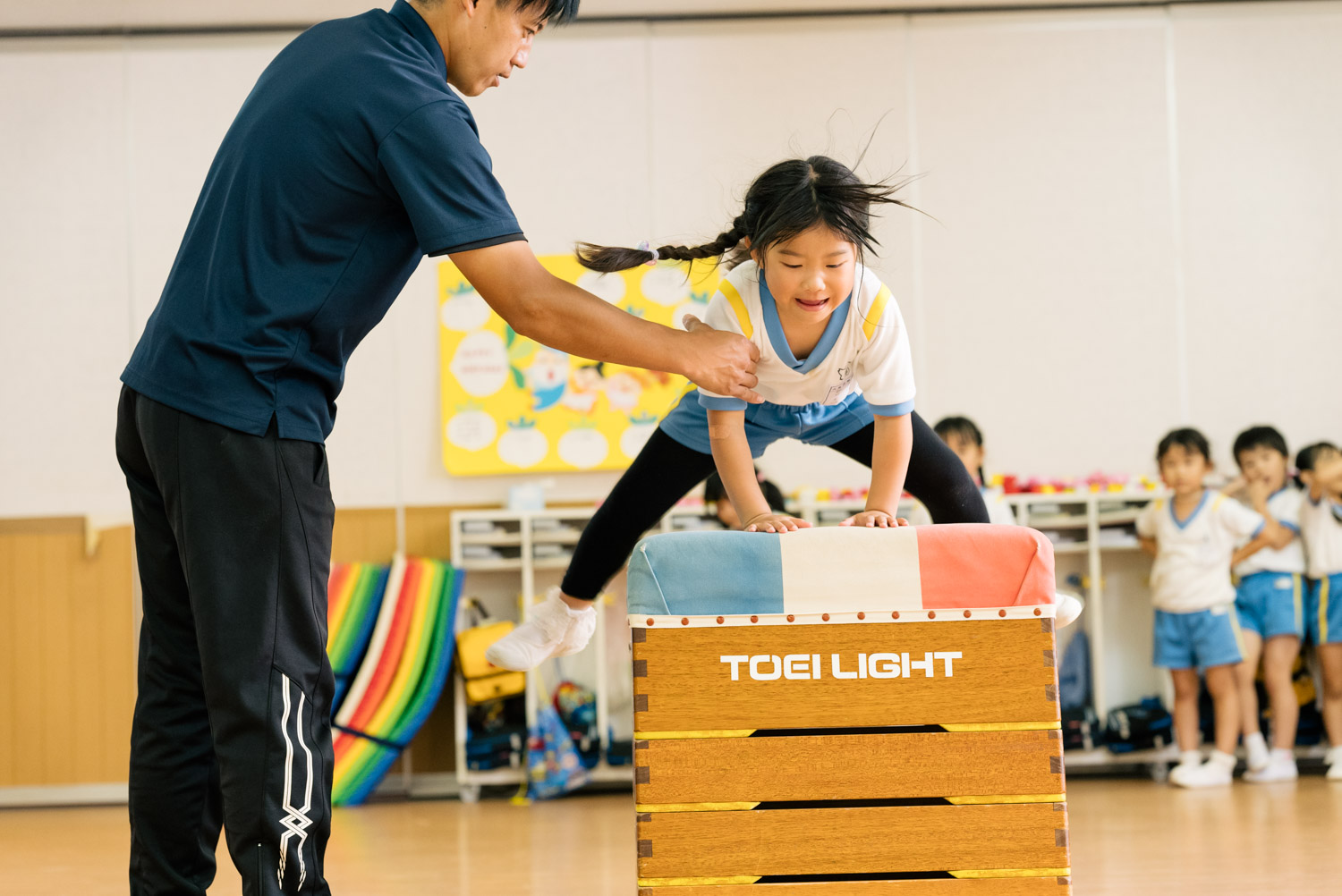
5. Dreams and goals are essential driving forces for human growth. With a variety of curriculum and teaching materials, we provide an environment where children can discover their goals from an early age.
Based on these principles, we will carry out a variety of educational activities. In terms of language education, we plan to teach English, Mandarin, Malay, and Japanese.In terms of educational content, we will adapt content that has been adopted in Japan, such as Daitoh-Method arithmetic, calligraphy, standing posture, and physical education, to suit the Malaysian school. We provide comprehensive preschool education.
What is Daitoh Method shodō?
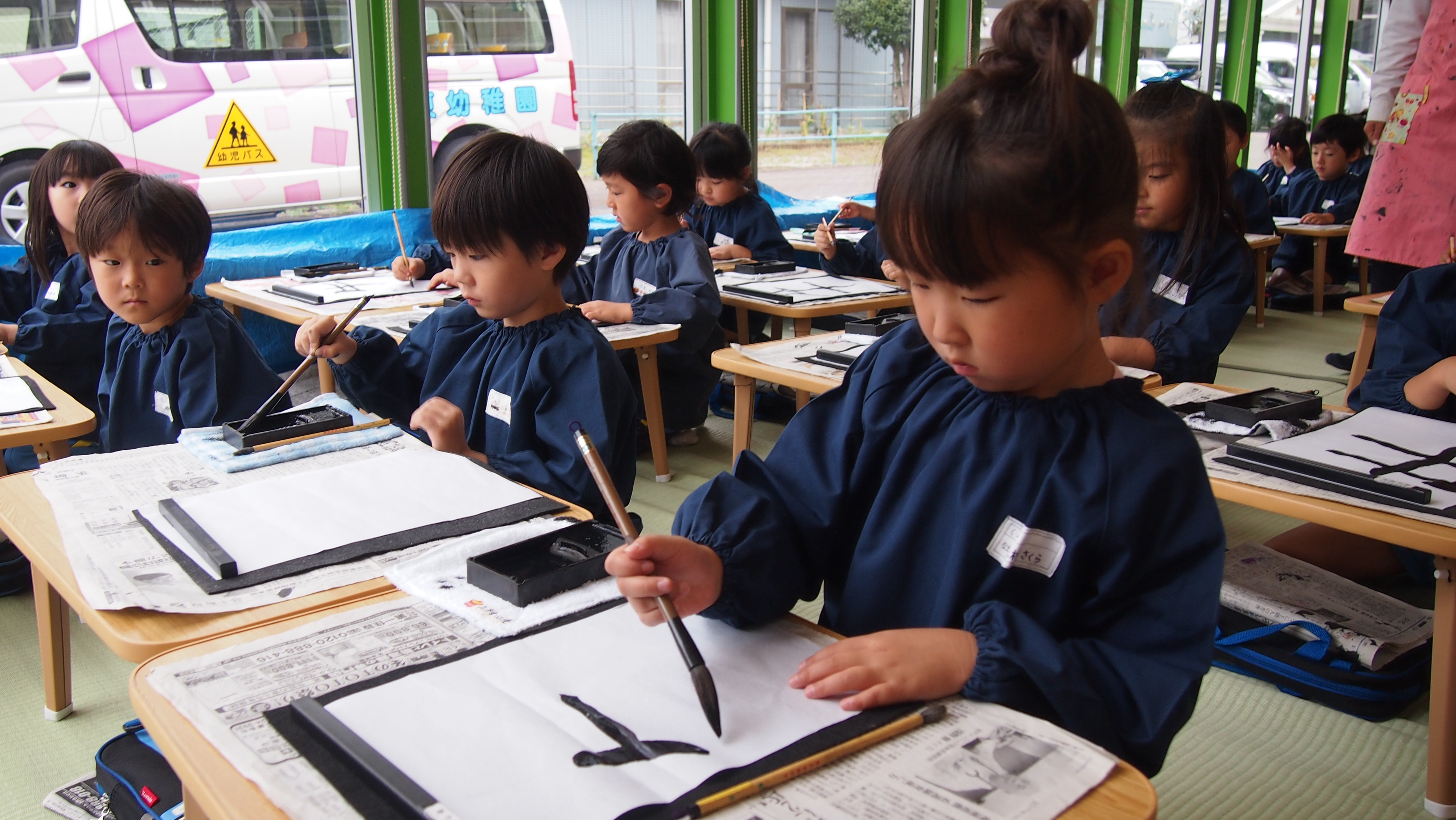
We will practice shodō, which is a part of Japanese culture. The purpose is not a technical one, such as helping children write well, but rather an effort to help each child practice their concentration by having quiet time amidst both movement and stillness.The ability to concentrate doesn't just develop with age. This is something that each person has to build up their strength little by little. We will develop the mental state of concentration and tension through little by little experiences.
What is ritsuyō?
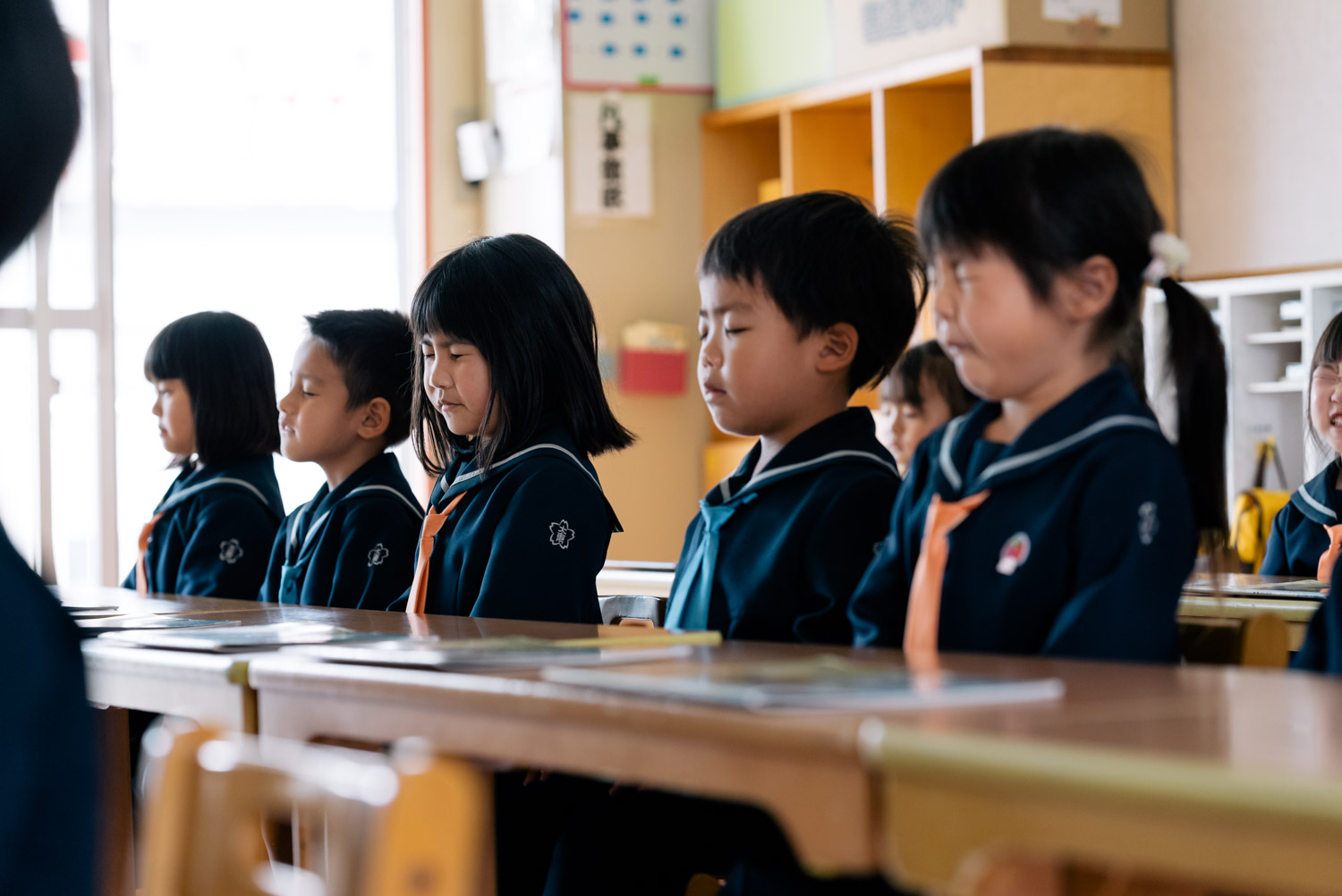
Taking time for young children to stand and sit will help them develop good posture. I allocate time for this, such as before activities, and walk around the desks, gently touching the children and helping them correct their posture. Incorporating this practice before class gives children a sense of calm,engages them, and increases their focus and motivation. Simultaneously, we emphasize moral education, which serves as the foundation of human strength. By correcting our attitudes and providing moral education, we aim to establish strong foundation for the mind and body that essential for children to live in the future.
Daitoh Method arithmetic
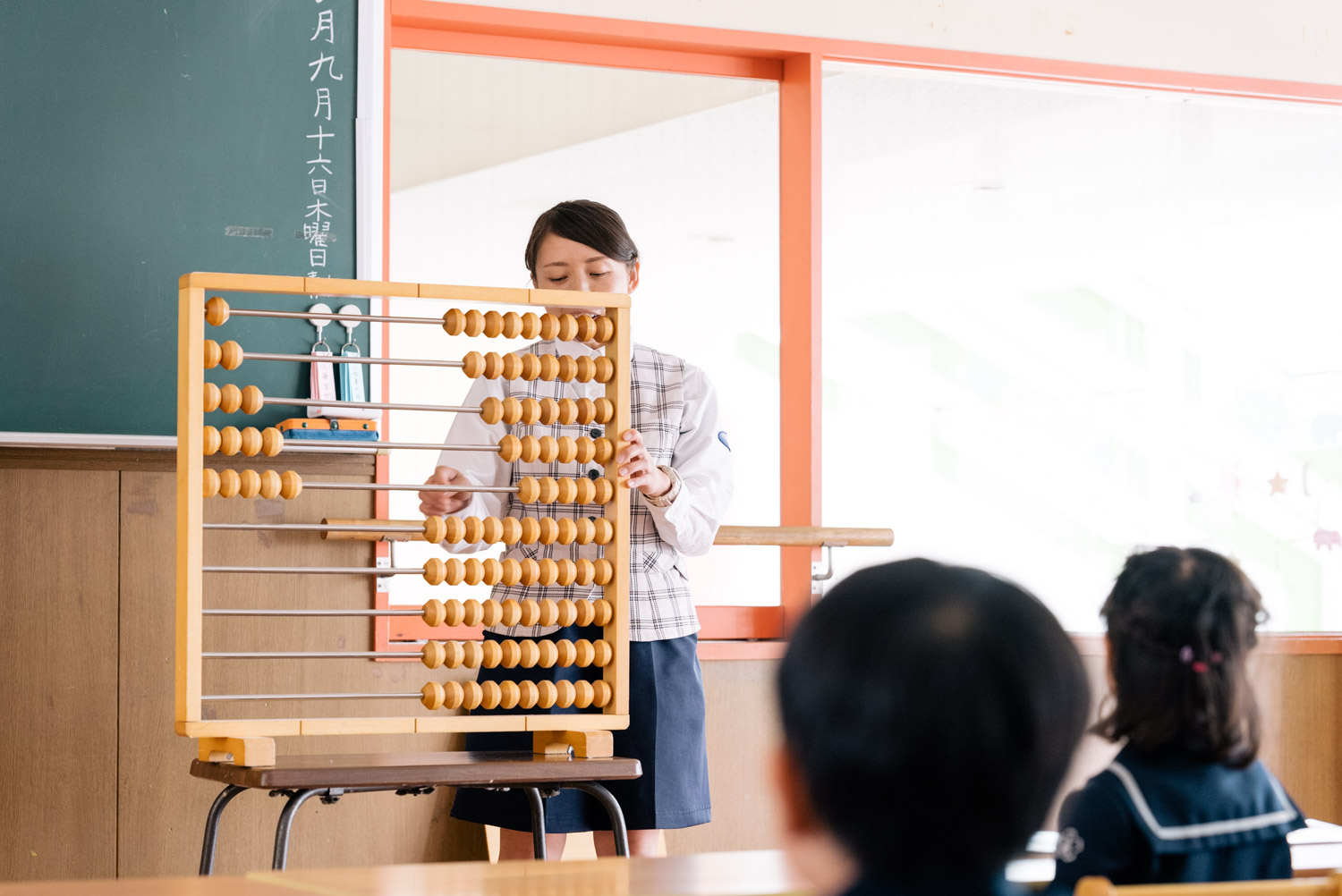
The Daitoh Method uses a “hyakudama soroban.” A large abacus has 10 soroban beads lined up in 10 rows, By flicking the beads around, students can engage in play while learning fundamental number concepts such arrangement, division, addition, and subtraction. Using models of clocks, student learn the time and connect it with their daily habits, and by becoming conscious of time on their own, they learn to lead a regular life.
BANGAKU SDN.BHD
 CEO Bangaku NAGASAO
CEO Bangaku NAGASAO
Corporate Philosophy
Philosophy
Grow as a person and shine together with others
Statement
Contribute to the overall development of the world by raising social awareness through education
Value
Always take positive action
Always take on challenges
Always keep improving
Principle
Become a trustworthy person
Repeatedly consider what is best, cooperate, and take action
About Daitoh method
~why we do Daitoh method~
There may be no era where the future is as unclear as it is now. Repeated wars and conflicts, unresolved poverty, and hunger. This is precisely when we need new global leaders who can truly lead to solutions to the problems facing humanity.
~how we do~
The most important thing for global leaders is to be able to think from the other person's perspective, make decisions, and take action. However, these abilities are not innate. The most crucial thing for becoming a global leader is first developing a rich mind and cultivating an openness to accept various values and ways of thinking.
~what we do~
To develop a rich mind and cultivate openness, vocabulary and thinking skills are essential. To nurture these, we use flashcards, calligraphy, abacus, etc., repeatedly practicing them in daily school life so they become naturally acquired.
~An educational program that nurtures emotions, shapes an open mind, and instills proper values ~
During early childhood, child do not understand what is right or have a sense of values, ways of thinking, or standards. We must teach child the criteria for these. However, explaining through words and gestures does not lead to understanding. What approach is needed? It is to acquire the proper forms and models, without relying on logic. This becomes their open-mindedness, and even if they do not understand at first, by acquiring the proper forms, they will gradually become accustomed and learn proper values. Of course, we must respect children's autonomy. They should play freely and learn through various preschool experiences. However, allowing boundless free play indefinitely may not have a good influence on children. Even after starting elementary school, unlimited free play is not permitted. For example, a rubber band stretched out will keep stretching indefinitely. But if stretched too far for too long, it becomes permanently deformed and can never return to its original shape. Children are exactly the same. If allowed to play from 0 years old until becoming working adults, they may never be able to work diligently, which could become a matter of life and death for those children. It is nearly impossible for children to develop that judgement autonomously. Therefore, from early childhood, adults need to lead to and teach the distinction between playtime and times for serious engagement - in other words, the "stillness and motion". For example, in our educational program, we include calligraphy. Through calligraphy, we teach the distinction between stillness and motion, and in the process of the movements, children develop the habit of "concentration" and appreciate the importance of stillness and motion.
